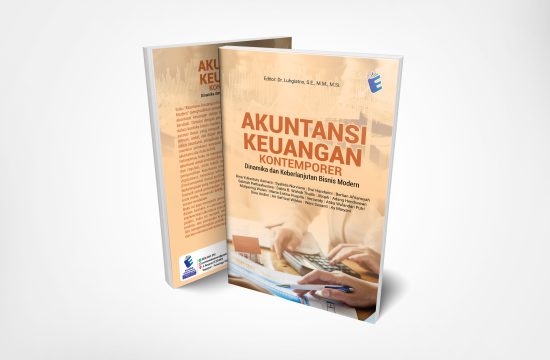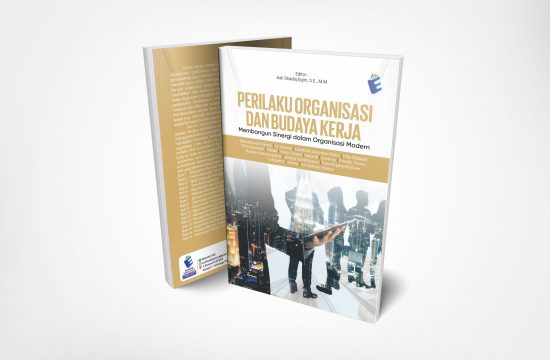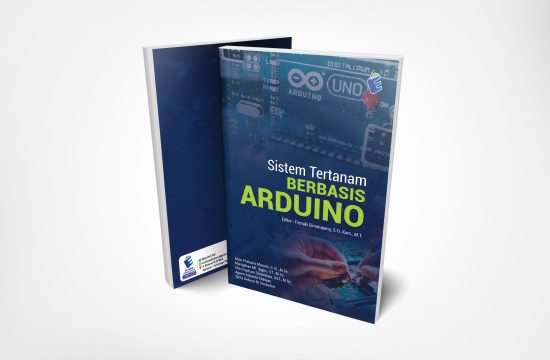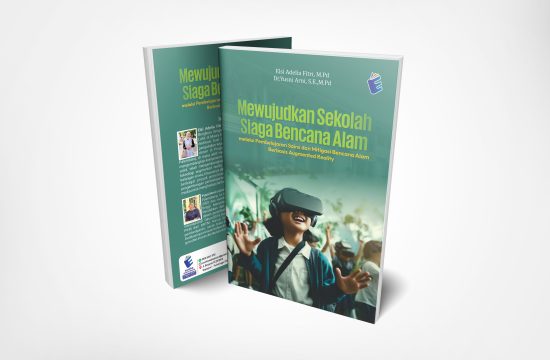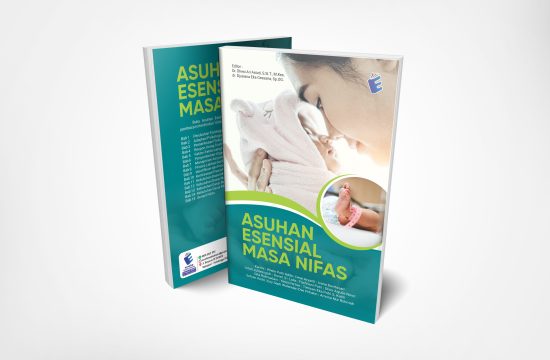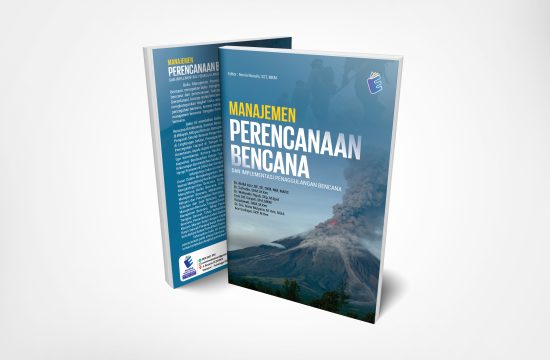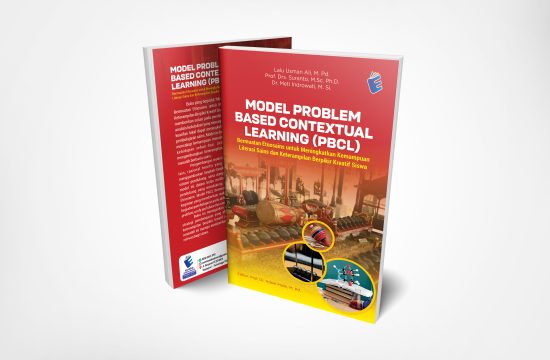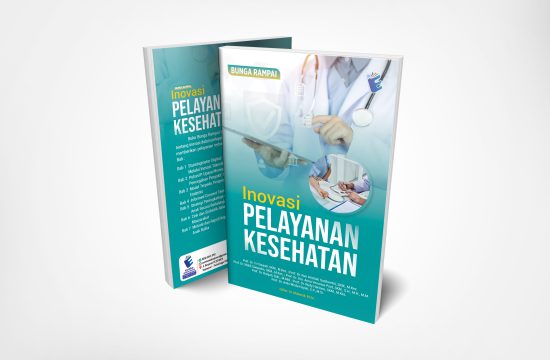This book provides a comprehensive understanding of acute kidney failure (ARF), also known as acute kidney injury (AKI). In this book, you will find a clear introduction and definition of AKI, as well as frameworks such as the Acute Kidney Injury Network (AKIN), RIFLE Criteria, and Kidney Disease: Improving Global Outcomes (KDIGO) that are used for the diagnosis and classification of AKI. The epidemiology of AKI and its impact on neonates is also discussed. The etiology of AKI is described in depth, including prerenal injury, intrinsic renal disease, and postrenal causes associated with urinary tract obstruction. The pathophysiology of AKI and its developmental phases are also described in detail, including the causative factors of prerenal, intrarenal, and postrenal AKI. Prevention of AKI is the next concern, with an emphasis on surveillance, maintenance of health, and reduction of modifiable risk factors. This book also describes various diagnostic studies, including blood tests, urine tests, and other diagnostic tests useful in diagnosing AKI. Management of AKI is the next focus, with discussions on medical management, pharmacological therapy, diet management, peritoneal dialysis and hemodialysis procedures. This book also provides insight into the prognosis of AKI. This book also gives special attention to quality nursing management in the care of AKI patients. Nursing assessment, physiological and psychosocial evaluation, nursing diagnosis, and planning and goals of comprehensive nursing care are also described. nursing Intervention.
DOWNLOAD

